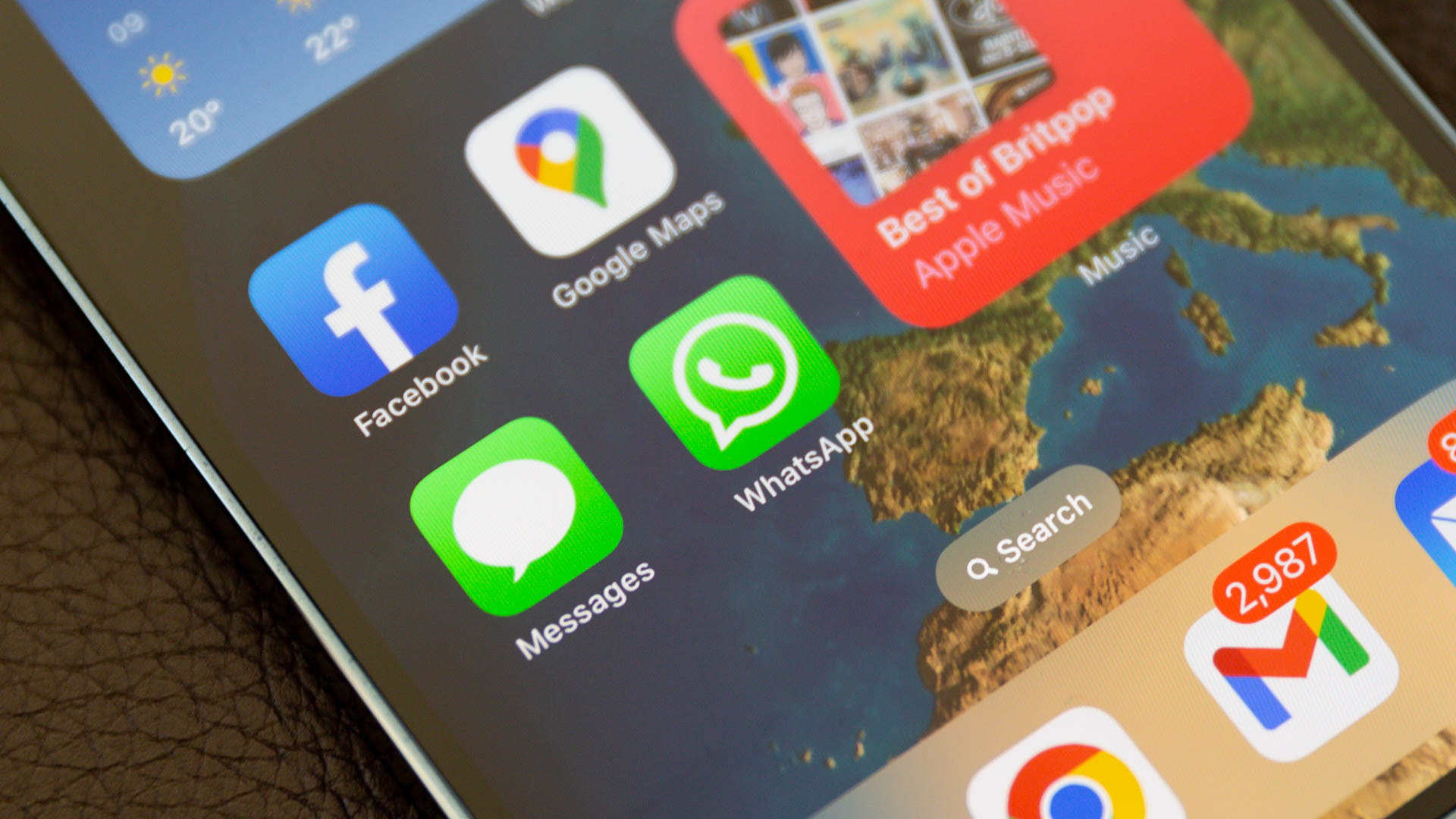WhatsApp gets a free upgrade that makes life simpler for iPhone owners
A new feature comes to WhatsApp on iOS


Quick Summary
The iOS version of WhatsApp has finally added Passkeys support, allowing iPhone owners to log back into their account using Face ID or Touch ID.
This makes the app more secure without needing two-factor authentication.
WhatsApp has announced that it's finally rolling out Passkeys for users on iOS, letting people log into their WhatsApp account using Face ID, Touch ID, or their passcode.
This should heavily speed up the process of logging back into your account if you've been shunted out for whatever reason.
passkeys are rolling out now on iOS 🔑 a more secure (and easier!) way to log back in with Face ID, Touch ID, or your passcode here are some reasons you should set it up 👇April 24, 2024
WhatsApp initially announced this all the way back in October 2023, so it's been quite a while that we've been waiting, with the feature rolling out this week.
What are Passkeys?
Passkeys effectively work to make passwords irrelevant by using on-device authentication rather than doing so on the service's side.
This means that your Face ID being verified by your iPhone, for example, is just as trustworthy to WhatsApp as it would be if you received and then typed in a two-factor authentication code by text message.
WhatsApp says that the process to set up Passkeys is very simple. First, ensure you're on the latest version of the app.
If that's all in place, you should be able to open WhatsApp, tap on the Settings cog at the bottom-right of your display, then tap on Account.
Get all the latest news, reviews, deals and buying guides on gorgeous tech, home and active products from the T3 experts
From here there should be an option called Passkeys that you can turn on – if that doesn't appear in your list of options then the change probably hasn't quite finished rolling out to you.
Passkeys have been around for a few years now, and Apple added support for them back in 2022, but it's only in the last year or so that really major services have started to support them actively.
There are now hosts of big apps that let you use them for quicker logins, from eBay to Google and everything in between, so it's definitely a good time to start getting used to them if you haven't already.
One of the only downsides to this conversion, though, is that Passkeys are sometimes device-specific and only supported on certain hardware. So, while you might be able to use a Passkey to log into a service on your iPhone, that option might not exist when you log in on your computer.
This can cause a few headaches around remembering passwords that you increasingly rarely have to use, but these might get straightened out in time.

Max is T3's Staff Writer for the Tech section – with years of experience reporting on tech and entertainment. He's also a gaming expert, both with the games themselves and in testing accessories and consoles, having previously flexed that expertise at Pocket-lint as a features editor.